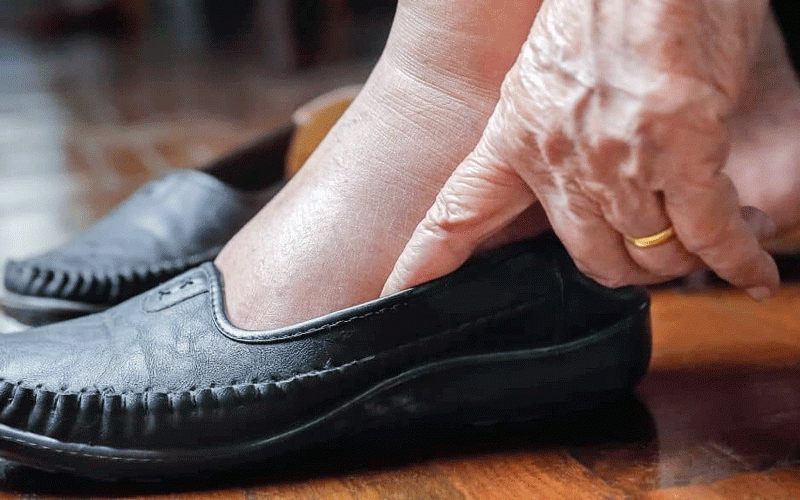
WHO Country Representative in Zimbabwe, Custodia Mandlhate told journalists in Harare recently that the donor community was assisting government in mobilising resources to introduce the rotavirus vaccine as part of a long-term solution to diarrhoeal diseases.
“We believe this will minimise deaths as some of these diseases can be prevented,” Mandlhate said. “Rotavirus has been observed to be a challenge in children under five years.
Mandlhate added: “Almost all infants acquire rotavirus diarrhoea early in life, and rotavirus accounts for at least one third of severe and potentially fatal watery diarrhoea episodes primarily in developing countries where an estimated 440 000 vaccine-preventable rotavirus deaths occur each year.”Zimbabwe reported recent outbreaks of suspected rotavirus in Kwekwe and Kadoma where a total 1 263 cases and 22 deaths were recorded.Minister of Health and Child Welfare Henry Madzorera said national statistics this year indicated a threefold increase in reported diarrhoeal cases compared to last year figures.
He said a total of 228 936 cases and 110 deaths have been reported since the beginning of the year, with 60% of the cases being recorded among children below five years old.
The increase was despite a drop in cholera cases compared to 2009 and 2010 period, with 1 119 suspected cases and 45 deaths reported.Another diarrhoeal disease, typhoid, broke out in October and cases continue to be reported mainly in Harare’s Dzivarasekwa suburb, with close to 437 suspected cases and 13 confirmations as of last week.
Suspected typhoid cases have also been reported in Kuwadzana, Budiriro, Tynwald South, Good Hope, Westgate and Glen View. Norton, Nyabira and Zvimba have also been affected.
“Although general awareness among the communities about the cause and preventive measures against diarrhoeal diseases has improved significantly, the determinants of these in terms of adequate supplies of safe water, access to sanitation, improved hygiene practices including appropriate waste disposal remains a challenge countrywide,” Madzorera said.
- Chamisa under fire over US$120K donation
- Mavhunga puts DeMbare into Chibuku quarterfinals
- Pension funds bet on Cabora Bassa oilfields
- Councils defy govt fire tender directive
Keep Reading
“For this reason, agents of these diseases — salmonella typhi (which causes typhoid), shigella dysenteriae (which causes dysentery), vibrio cholera (causes cholera) and rotavirus (causes diarrhoea) are now widely available in the environment where our children play and families socialise.”
Health and Child Welfare minister Henry Madzorera says faecal oral contamination is rampant in both rural and urban areas because of the practice of open defecation as well as sewage spills that go unattended.
He added that very little control of rodents, flies and other vectors, together with slow progress in upgrading and refurbishing of water and sewage infrastructure in the city, have not helped matters.
“Part of the long-term solution requires the City of Harare to stop this trend of turning the city into a big village and start providing service because they are collecting revenue,” said Madzorera.
Community Working Group on Health (CWGH) director Itai Rusike said, “This should be easy because they are operating in a hard currency environment. Typhoid for example is a forgotten disease in other countries. The city should stop depending so much on donors yet they are collecting revenue.”











